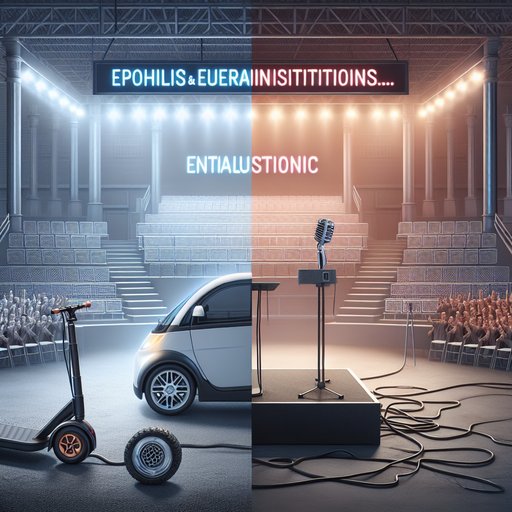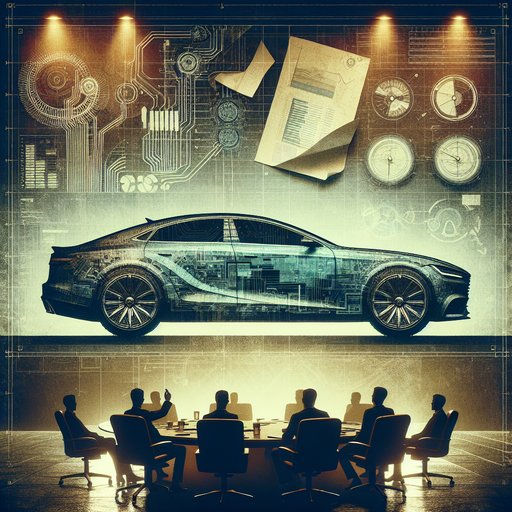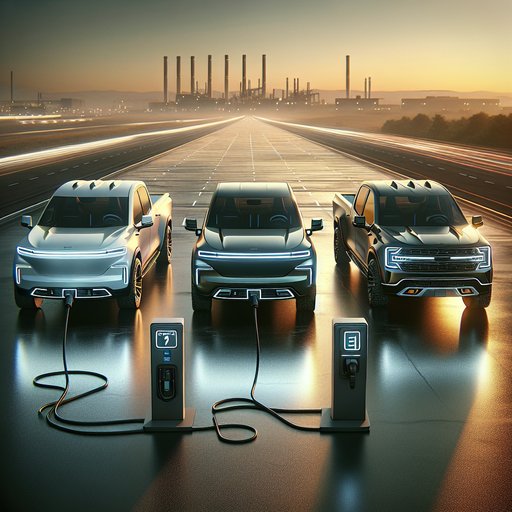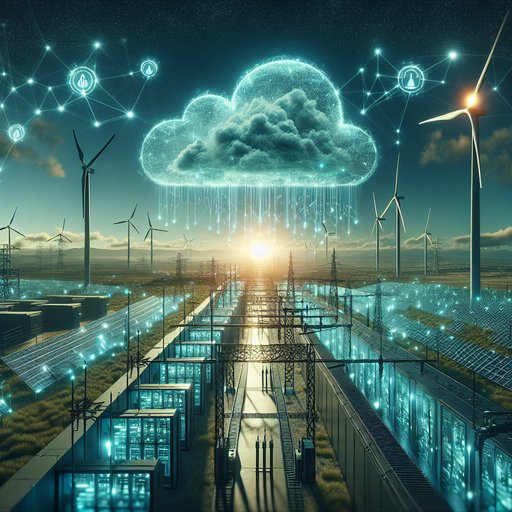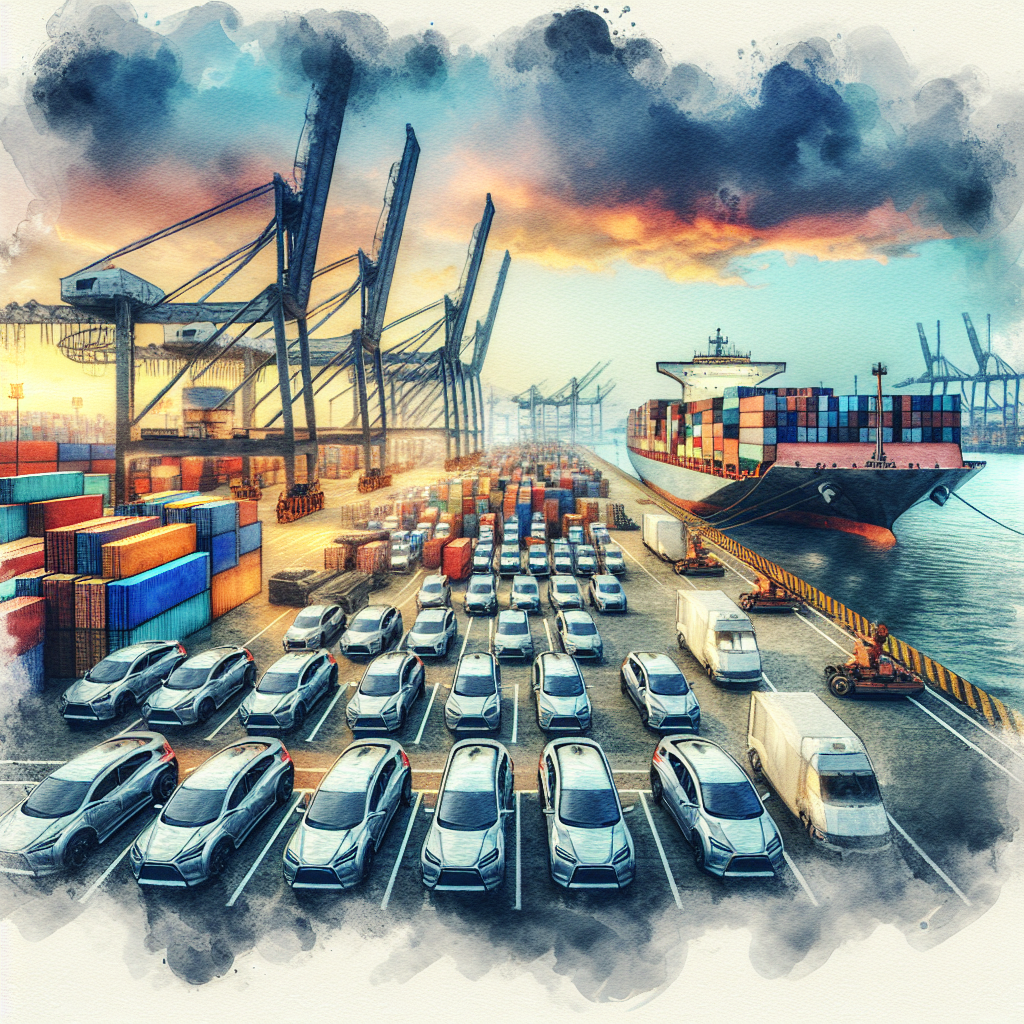
A series of immigration enforcement actions at key battery manufacturing facilities has created significant disruptions in the electric vehicle supply chain, threatening production schedules for major automakers. The raids have exposed vulnerabilities in the EV battery production ecosystem, highlighting the industry's dependence on specialized labor and raising concerns about potential impacts on the rapidly growing electric vehicle market [AInvest].
The disruption comes at a critical time for the automotive industry, which has been experiencing unprecedented growth in electric vehicle demand. According to recent logistics data from [Maersk], the EV sector has been reshaping traditional supply chain models, with manufacturers increasingly requiring specialized handling and transportation solutions for battery components.
Industry analysts note that the battery manufacturing sector is particularly sensitive to workforce disruptions due to the highly specialized nature of production processes. The recent immigration enforcement actions have affected multiple facilities across key manufacturing regions, leading to temporary shutdowns and reduced production capacity [AInvest].
The timing of these supply chain disruptions coincides with major technological advances in the EV sector. Porsche, for example, has been developing new wireless charging infrastructure [Porsche Newsroom], highlighting the industry's continued innovation despite supply chain challenges. However, these developments may face delays if battery supply issues persist.
The ripple effects of these disruptions extend beyond immediate production concerns. Shipping and logistics providers are scrambling to adjust their operations, with [Maersk] reporting significant changes in how they handle electric vehicle components and finished products. The situation has prompted calls for more robust supply chain strategies and workforce development programs within the EV sector.







